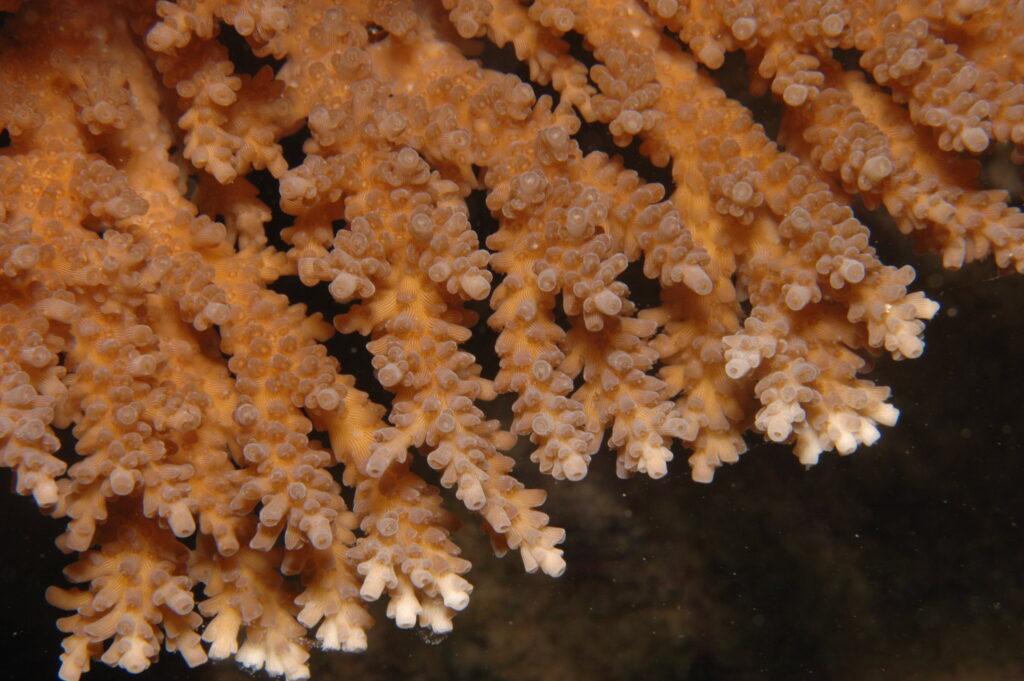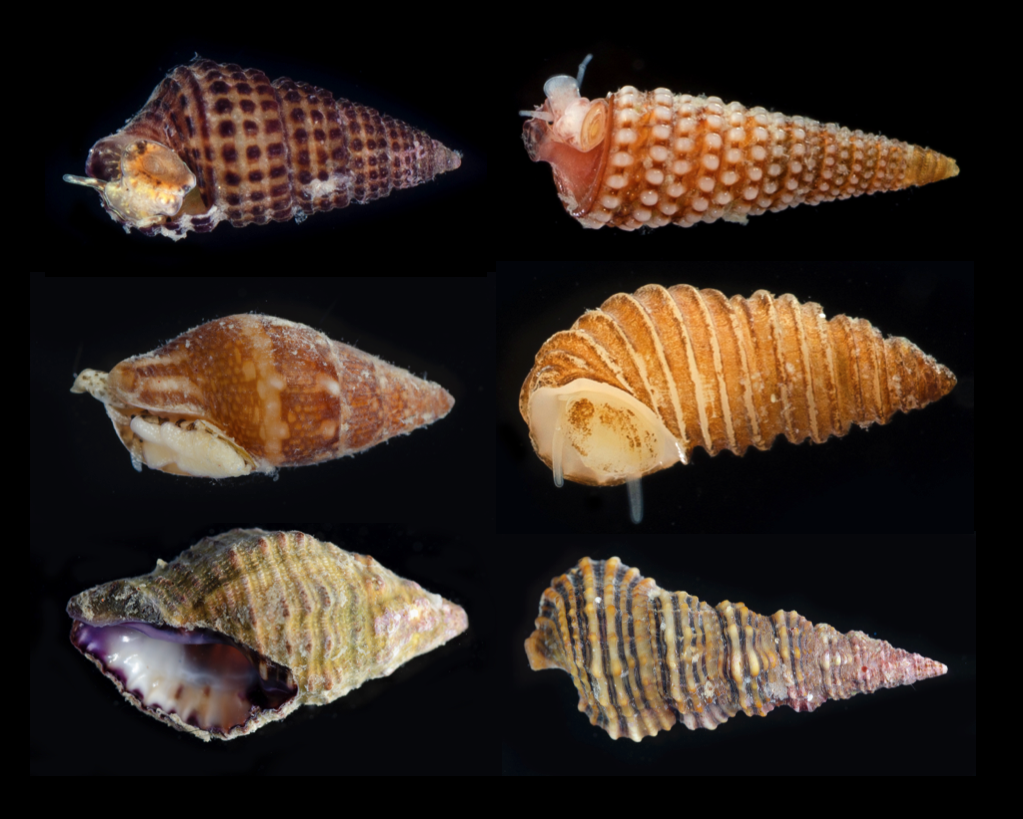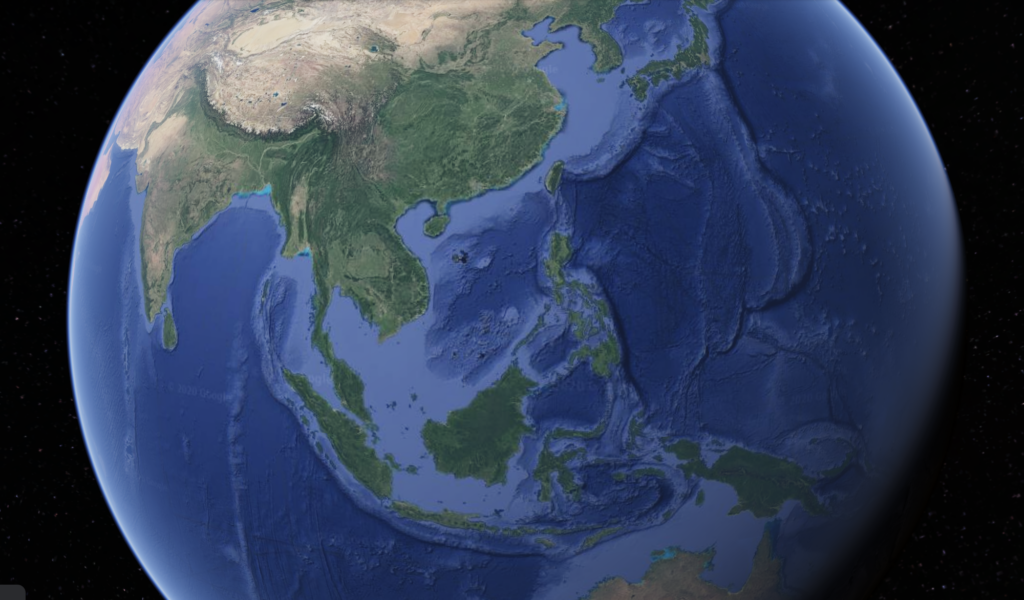Symbiosis
What mechanisms structure diversity within the microbiome?
Biodiversity & Ecosystems
How is urbanisation reshaping coastal marine biodiversity?
Species’ Range Expansions
Can we predict diversity hotspots of the future?

Symbiosis is a source of evolutionary innovation in which an entire ecological or biological playbook can be acquired by association. Corals rely on an abundance of microbes to access scarce nutrients and power the formation of coral reefs. The essential nature of this symbiosis is now highlighted regularly with reports of massive coral bleaching in which corals loose their microalgal symbionts and suffer mass mortality. Yet, some corals fare better than others depending on the identity and relative abundance of certain algal symbionts.
I study the ecological mechanisms that determine the community of symbionts present within a coral at a given time.
Biodiversity in coastal marine communities provides the foundation for various ecosystem services including tourism, fisheries and coastal protection. Yet the richness of life is often overlooked by the public and sacrificed in the name of coastal and economic development. The rate of change in these systems threatens our ability to predict what we may loose if sound conservation and management practices are not enacted.
As a leading researcher for MarineGEO-Hong Kong, our team researches the relationship between biodiversity, disturbance and human health in urbanised seascapes.


Species ranges have begun to shift as the global climate changes. Increasing temperature is making tropical habitats intolerable but also removing barriers to poleward range expansions. Those species that can both arrive and survive in cooler and more seasonal habitats will define patterns of biodiversity under future climate regimes.
My new area of research combines physiological studies, population genomics, and climate modeling to make predictions of biodiversity hotspots of the future.
Ongoing Funded Projects
2023-2026 General Research Fund, Research Grants Council, Examining the adaptive potential of corals to eutrophication; seascape genomics of Acropora samoensis in an urbanised coastal environment. (PI)
2023-2025 Environment and Conservation Fund, Hong Kong Research Grants Council, Connecting the dots: a standardized and quality-assured marine biodiversity database for Hong Kong (co-I)
2023-2024 Marine Conservation Enhancement Fund, Population genomics of coral-associated denitrifying bacteria along nitrate gradients in Hong Kong waters (co-I)
2022-2025 General Research Fund, Research Grants Council, Species on the move – physiological acclimation and adaptation are the keys to predicting coral habitats of the future. (PI)
2021-2023 General Research Fund, Research Grants Council, Who’s the boss? – Host and symbiont conflict over nutrient regulation and symbiont community structure. (PI)
2020-2023 Collaborative Research Fund, Research Grants Council, “What lies beneath: human and environmental health risk factors in our ocean – an experimental application of MarineGEO – Hong Kong (Lead Scientist)